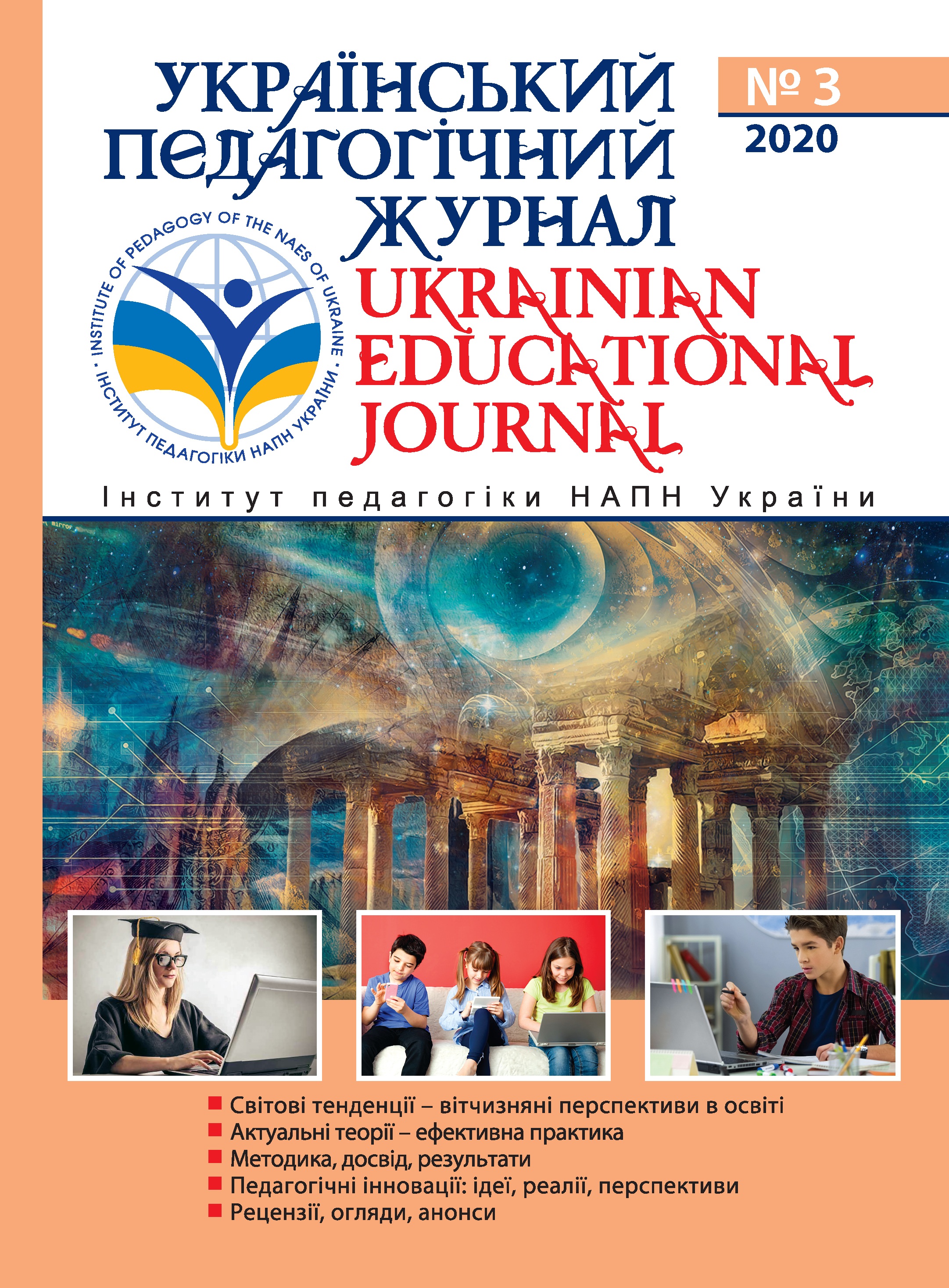Abstract
The article outlines the main priorities for the use of discursive learning to increase the effectiveness of modern professional training of masters. The involvement of the facts of sources made it possible to form a list of phenomenological features. The necessity of complex semantic structuring of the teaching methods with the involvement of the subject of the research in the process of undergraduate students’ training is problematized.
Peculiarities of the studied issue are presented through the involvement of several methods: analysis and synthesis, systematization, modeling, and generalization. Possibilities of increasing the productivity of discursive learning of undergraduate students by a successive change are substantiated through the types of perception, presentation of tasks taking into account the criterion of the “level of complexity”, and levels of repetition of the discourse project. The productivity of the phenomenological influence on the improvement of professional training of undergraduate students thorough the theoretical training, the involvement of problem tasks, the actualization of project activities, and the expansion of communicative capabilities of the subjects of cognition is argued. The priority of the didactic principle of the connection of learning with life in the phenomenological functioning is reflected. The depth of technological centering and the target orientation of the studied phenomenon in the implementation of tasks of modern professional training of undergraduate students is generalized.
The effectiveness of the phenomenological influence on the formation of the individual educational trajectory of an average undergraduate student is actualized by comparing the key goal with the list of tasks of the applied orientation. The basic principles of functioning of discursive learning are listed (in particular, subject integrity, step individualization, cyclic automation, and variability). Emphasis is placed on the undeniable significance of information technology and learning tools in solving the problems of modern professional training, which should be characterized by certain innovation and progressiveness.

This work is licensed under a Creative Commons Attribution-NonCommercial-ShareAlike 4.0 International License.

